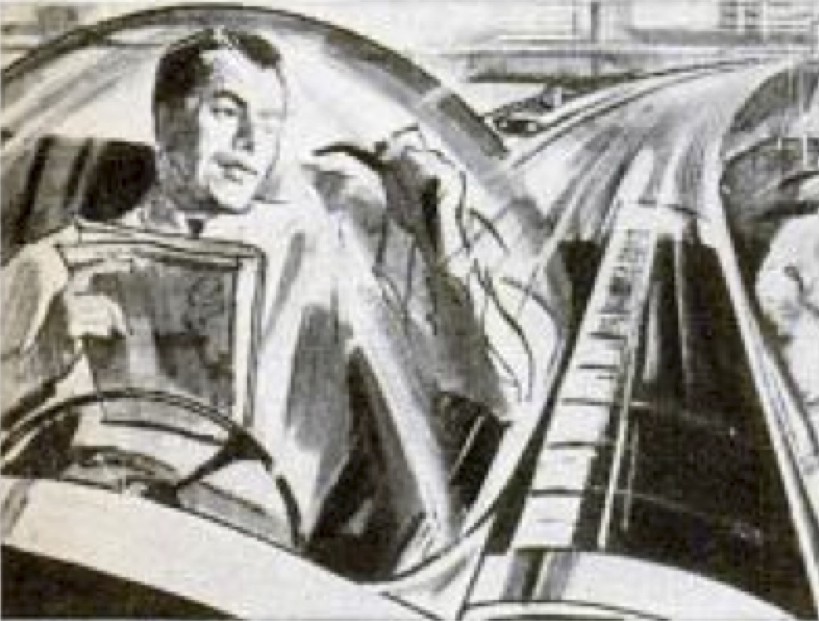In a CBS San Francisco piece, Silicon Valley futurist Zack Canter goes all in on autonomous cars, predicting not only that they will somewhat disrupt private ownership in the near term but that driverless ridesharing will be to individual ownership as the Model T was to the horse and buggy, essentially eliminating it in anything but insignificant numbers.
Well, first things first: The final, difficult elements of the robocar process have to be figured out, everything from object recognition to poor-climate handling. Should that occur, then, yes, taxis with human drivers will be a thing of the past, and those jobs will go away for good. The article’s PricewaterhouseCoopers prognostication that “the number of vehicles on the road will be reduced by 99%” is something none of us alive right now will ever live to see. An excerpt:
A Columbia University study suggested that with a fleet of just 9,000 autonomous cars, Uber could replace every taxi cab in New York City13 – passengers would wait an average of 36 seconds for a ride that costs about $0.50 per mile.14 Such convenience and low cost will make car ownership inconceivable, and autonomous, on-demand taxis – the ‘transportation cloud’ – will quickly become dominant form of transportation – displacing far more than just car ownership, it will take the majority of users away from public transportation as well. With their $41 billion valuation,15 replacing all 171,000 taxis16 in the United States is well within the realm of feasibility – at a cost of $25,000 per car, the rollout would cost a mere $4.3 billion.
FALLOUT
The effects of the autonomous car movement will be staggering. PricewaterhouseCoopers predicts that the number of vehicles on the road will be reduced by 99%, estimating that the fleet will fall from 245 million to just 2.4 million vehicles.17Disruptive innovation does not take kindly to entrenched competitors – like Blockbuster, Barnes and Noble, Polaroid, and dozens more like them, it is unlikely that major automakers like General Motors, Ford, and Toyota will survive the leap. They are geared to produce millions of cars in dozens of different varieties to cater to individual taste and have far too much overhead to sustain such a dramatic decrease in sales. I think that most will be bankrupt by 2030, while startup automakers like Tesla will thrive on a smaller number of fleet sales to operators like Uber by offering standardized models with fewer options.•
Tags: Zack Canter

